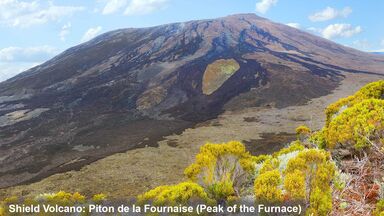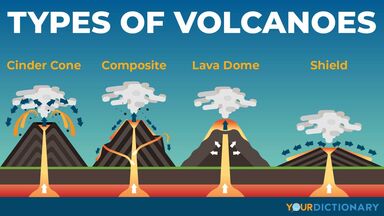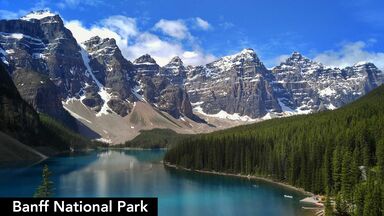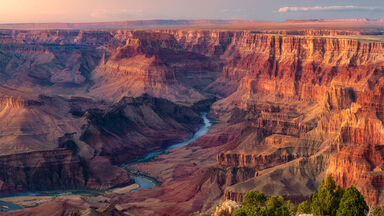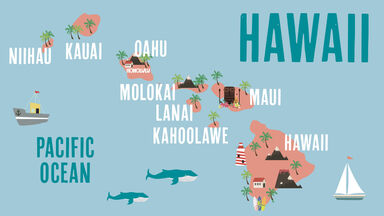Volcano Definition
vŏl-kānō
volcanoes, volcanos
noun
volcanoes, volcanos
A vent in the earth's crust through which molten rock (lava), rock fragments, gases, ashes, etc. are ejected from the earth's interior: a volcano is active while erupting, dormant during a long period of inactivity, or extinct when all activity has finally ceased.
Webster's New World
A similar opening on the surface of another planet.
American Heritage
A cone-shaped hill or mountain, wholly or chiefly of volcanic materials, built up around the vent, usually so as to form a crater.
Webster's New World
Synonyms:
Other Word Forms of Volcano
Noun
Singular:
volcanoPlural:
volcanoes, volcanosOrigin of Volcano
Italian from Spanish volcán or Portuguese volcão both probably from Latin volcānus, vulcānus fire, flames from Volcānus Vulcan
From American Heritage Dictionary of the English Language, 5th Edition
-
From Italian vulcano, from Latin Vulcanus (“Vulcan") the Roman god of fire and metalworking.
From Wiktionary
Related Articles
Find Similar Words
Find similar words to volcano using the buttons below.
